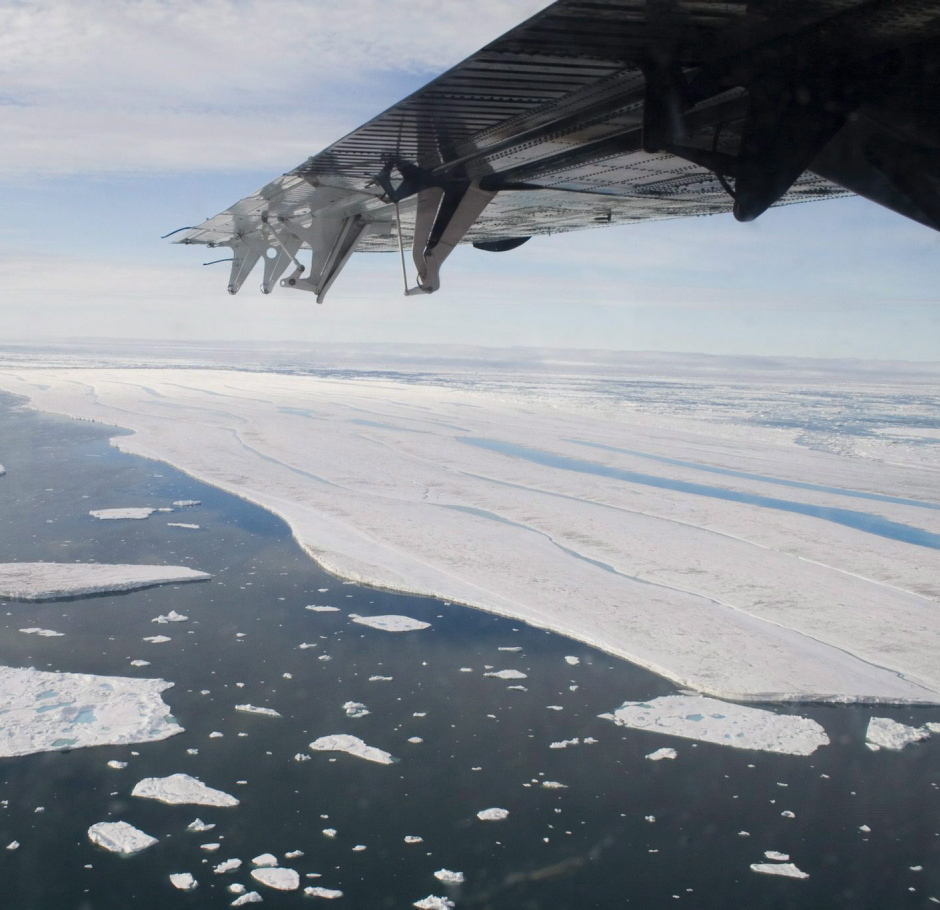Maine’s opportunities in the Arctic and North Atlantic are real and exist today.
Communities in the North Atlantic share many economic and cultural similarities. The same fish species that have been harvested for centuries in the cold waters of the Gulf of Maine, such as cod and haddock, sustain commercial fisheries throughout the region. While the geography is vast, communities are small, leading to a common business culture that relies heavily on personal interaction and trust.
Maine’s opportunities in this region are not dependent on the demise of Arctic sea ice, with all its dire consequences for its inhabitants and the world, or even the opening of new Arctic shipping routes, which likely won’t be viable for many years
Rather, we have real opportunities that are available today. Those opportunities are not based on our proximity to the Arctic but rather on our connectivity to the North Atlantic region through relationships. Eimskip and the Maine Port Authority, for example, are working together to develop statewide opportunities through the Port of Portland.
Primary among these opportunities is the potential for establishing mutually beneficial trading relationships and cultural and educational exchanges.
The University of Maine’s Climate Change Institute has been undertaking glacial core samplings in the Arctic for more than four decades. The Maine Maritime Academy is working with the International Maritime Organization to provide ice navigation training for the Arctic. Bigelow Laboratory has recently founded the Centre for Venture Research on the Opening Arctic Ocean. Also, universities have established exchanges in the region, including the newly formed North Atlantic Education Consortium, led by the University of Southern Maine.
Our connections to the region have been fostered by Eimskip’s decision in 2013 to make Portland its logistical hub for North America.
The Icelandic steamship line provides Maine businesses with access to its trade network in the North Atlantic. The service gives Maine exporters and importers direct connection to a market of 330 million in Scandanavia and the rest of northern Europe. Eimskip has agents throughout the region who can help Maine companies develop trading partners.
Eimskip’s arrival in Maine has changed the state’s relationship with its neighbors in the North Atlantic and has opened entirely new markets and resources to the state, both for exports and imports, some of these in markets that were long ago mainstays of the Maine economy.
Because Eimskip is the premier carrier of refrigerated cargo in the North Atlantic, one immediate benefit of their arrival has been access to the rich, sustainable fisheries resources in the region for Maine processors and distributors. We can now source haddock from Norway, cod from Iceland, salmon from the Faroe Islands, and halibut and shrimp from Greenland and Newfoundland, for example. When you see “Frozen-At-Sea” or “FAS” haddock at Hannaford, it is likely imported from northern Norway on Eimskip vessels into the Port of Portland and is long-line fished, a method of fishing that is more sustainable than trawled.
We have also found expanded and new markets for Maine products, like blueberries, frozen processed lobster, and potato products. Because Iceland is an island nation, it imports virtually everything it consumes. This is similar to other niche markets in the Arctic and High North, such as Greenland, which is now part of Eimskip’s network.
Those consumables – including everything from household products to produce to automobiles and boats – are principally sourced from the United States or Europe. Many come through the terminal in Portland.
The Arctic community has taken notice of Maine’s increased engagement. The Arctic Council is holding six committee meetings, culminating in a meeting of Senior Arctic Officials, in Portland from Oct. 4 to Oct. 6, the first time such meetings are being held in the United States outside of Alaska and Washington, D.C. The Arctic Council is a high-level intergovernmental forum that provides a means for promoting cooperation among Arctic nations. This is Maine’s first chance to join in policy discussions about a region that has become a focus of global attention. You can learn more about these meetings and associated events at www. maineandthearctic.com.
Maine businesses and institutions should not wait for some unknown future before working to develop relationships in the region. Eimskip has given us the means to develop trading relationships in an area where we share a lot in common. We have much we can learn from our partners to the north. The opportunity is real. The opportunity is now. Our opportunity is to establish the enduring relationships in this region that will benefit Maine for generations to come.
Send questions/comments to the editors.


